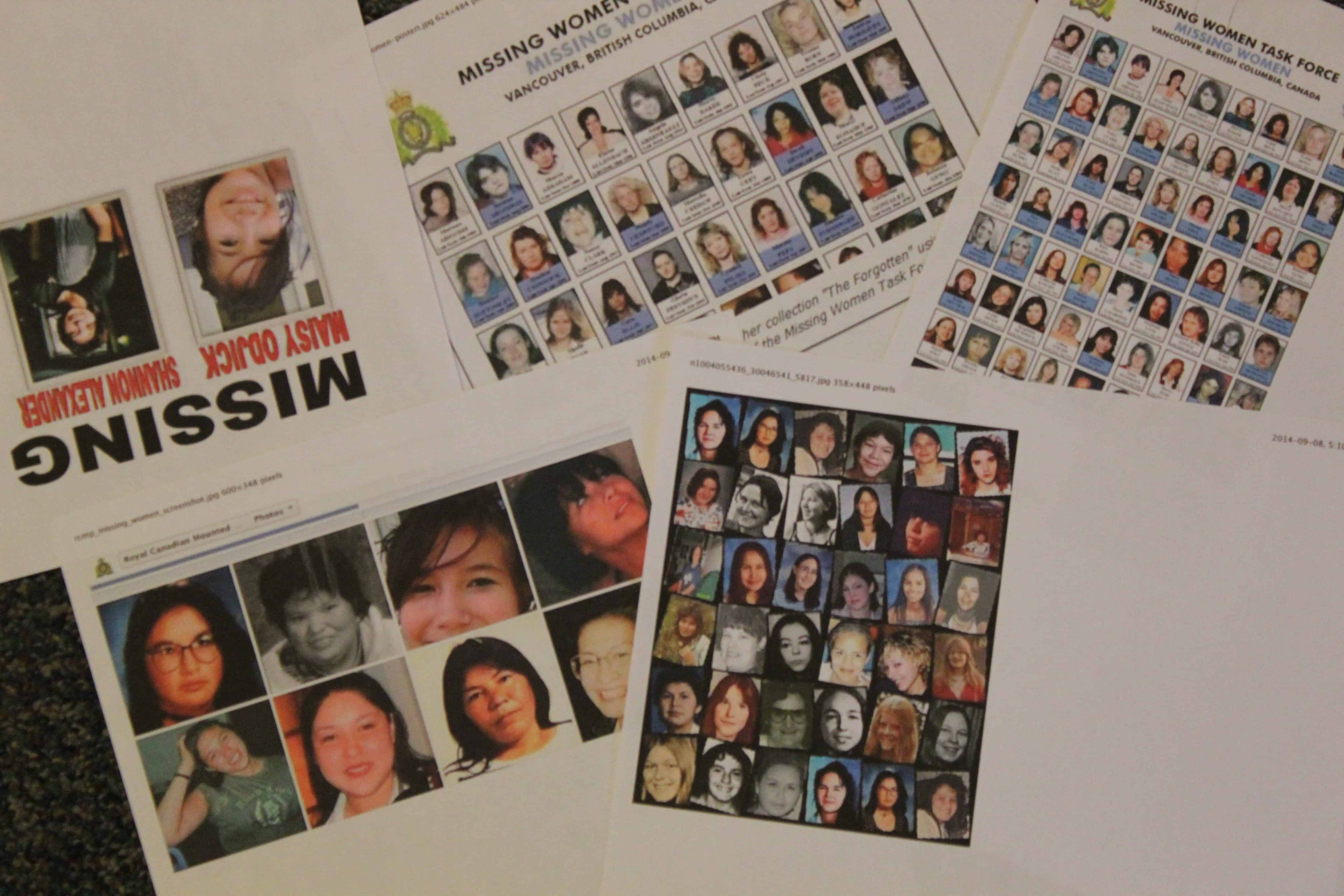Having textbook problems?

hannah grover | A & C Editor
john kapp | former A & C Editor
I feel bad for you, son
University of Regina students have been having trouble finding their textbooks for years, now. Like an idiotic and ultimately pointless game of Clue, we must undertake a forensic analysis to determine who undersupplies the U of R Bookstore.
But, whose fault is it? Are too many students taking too many classes? Are professors submitting book lists too late? Is the bookstore intentionally depriving students of the resources they need to succeed? Is Tom Chase buying up all of the books – solely to make your life miserable?
The first precursor to modern books are widely regarded as cuneiform tablets originating in ancient Africa and West Asia in which agriculturalists created a new system for noting transfers of property and tracking herds of great beasts. In China, these tablets were replaced with thick sheets of bamboo, bound together into a shape more closely resembling our modern book. Over time and across the world, the process was refined to the lithographic printing process common throughout the world today, and is used to communicate ideas far beyond numbers of oxen and sheep.
With over 130,000,000 unique books in print, modern humans really have bookmaking down to a science. Despite this rich history and the proliferation of modern communications technology, some are still unable to get books from one point to another.
Over the course of students’ studies, one is expected to spend thousands of dollars on textbooks. When these books are unavailable for any period of time, it causes further unnecessary stress to students already struggling against skyrocketing tuition and cost of living.
Daniel Woloshin, a student in the political science department did not mince words when asked about his problems with the bookstore,
“… about a quarter of the textbooks I had needed this semester had not been in the book store. When asked when these textbooks would be in – I wasn’t given an answer! I was told, ‘just check back on a regular basis.’ I have had textbooks not available for a class before, but I haven’t had a semester with this many books missing within the first week of class!”
Students caught in the middle of this administrative crisis are forced to find creative and occasionally dangerous solutions to their textbook tragedies, which Woloshin describes.
“I probably had three or four textbooks not available through the bookstore [this semester]. When I haven’t been given an answer to when these would be in, I had went online to see if I could find the books for a cheaper rate, or free. [It turns out] I found a majority of my textbooks for free online!”
Speaking with officials at the bookstore, it sounds as though the problem is with distributors rather than anyone at the school, itself. U of R Bookstore manager, Rayola Anderson had the following to say about tardy textbooks.
“Books are on backorder from publishers and they may not come until mid-January. Things that don’t come in for the week of January are on backorder and the professors are made aware of it. It’s not an administration issue … For the first day of classes, they might come in later than the professors expect because of [this].”
As for solutions, the bookstore has a number of options and potential hurdles going forward.
“For solutions, we’re looking at various things. Reviewing the order process for the last year – What were our failures and success in 2015? A number of publishers in Canada are moving their offices back to the United States. McGraw-Hill is an example of this. They will have a warehouse in Canada, so an order is placed in the U.S. and they have to ship to the east, which affects shipping time.”
This is all fine and good, but one may wonder what the school can do to help students.
“We need to consider what we need to do to accommodate demand faster. We are looking at talking with the registers office; they are changing how they are distributing booklists for classes. This term, we weren’t given access to the booklist until Oct. 14-19. We’re looking at getting a longer window of time.”
There, you have it. Stop blaming Tom and the bookstore – it’s the publishers’ fault!
Former U of R arts student, Taras Matkovsky has some – however limited – advice for students.
“… That hasn’t been a problem for me. My only advice would be to go into a history degree, as their books are cheap no matter how late they are.”
One can see that bookstore workers are trying to remedy this problem. As this problem is such a multi-facetted one, any potential solution will require cooperation between the bookstore, students, and administrators in achieving this oft-speculated timely means of acquiring textbooks. This said, school and bookstore officials must recognize and do something to alleviate the desperate situation of many students who may work, raise a family, and go to school and now must also contend with unavailable textbooks – the foundation of all of their school work.










